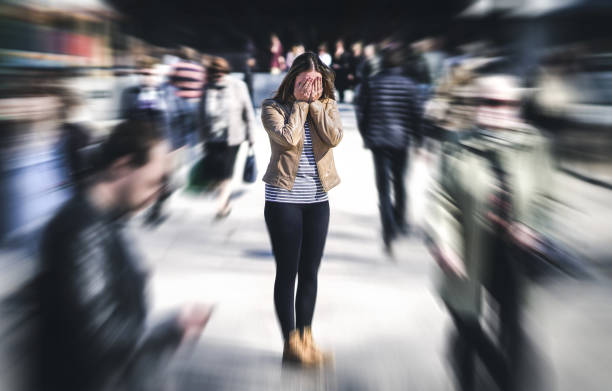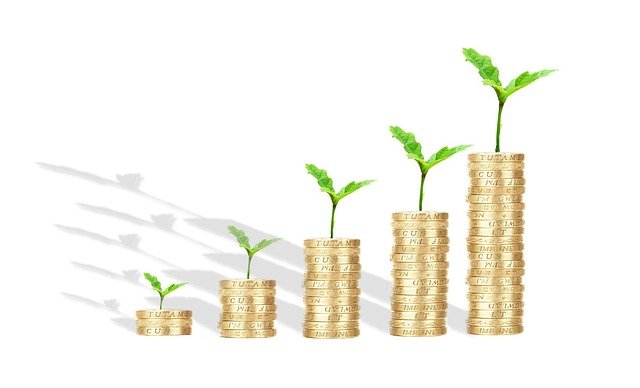Dissecting the Effect of Climate Anxiety on Social Behaviors
Climate change isn't just impacting the planet—it's shaping our societies and behaviors. As the reality of our environmental crisis sets in, a phenomenon known as "climate anxiety" is rapidly emerging. Can our collective worry about the future of the planet alter societal norms? Read below to understand this growing trend and its implications for our societies.

Unraveling the Concept of Climate Anxiety
Climate anxiety, also known as eco-anxiety, is a psychological response to the perceived threat of environmental catastrophe. It’s not a diagnosable disorder, but a term used to describe the pervasive worry and unease about the future of the planet. This anxiety is driven, in part, by the constant barrage of doomsday predictions about climate change and the lack of substantial action to mitigate it.
The Rise of Climate Anxiety in Modern Society
It’s no surprise that climate anxiety is becoming more common. As environmental issues take center stage in media and policy discussions, the reality of our planet’s precarious future becomes increasingly difficult to ignore. This anxiety is particularly prevalent among younger generations, who will bear the brunt of climate change’s impact.
Climate Anxiety as a Societal Force
Climate anxiety isn’t just a personal issue—it’s a social phenomenon with the potential to reshape societal norms and behaviors. For many, this anxiety translates into action, fueling involvement in environmental activism and influencing consumer behavior. An increasing number of people are choosing more sustainable lifestyles, reducing their carbon footprints, and advocating for policy changes.
Understanding the Implications of Climate Anxiety
The rise in climate anxiety has significant sociological implications. It’s shaping our societies and influencing our behaviors in unprecedented ways. From altering consumption habits to sparking new social movements, climate anxiety is becoming a force of societal change. Yet, it also carries potential negative effects, such as increased mental health issues and a sense of helplessness or fatalism.
A New Perspective on Climate Anxiety
While it’s crucial to address the negative impacts of climate anxiety, this phenomenon also provides an opportunity to galvanize societal change. The shared concern for our planet’s future can foster a sense of global community and collective action, pushing societies towards more sustainable practices. It’s through understanding and harnessing this anxiety that we can work towards a more sustainable and resilient future.
Climate anxiety is more than a psychological response—it’s a reflection of our societies’ growing awareness of our environmental crisis. As we grapple with this shared fear, we’re also given a chance to reshape our societies towards a more sustainable future. The key lies in understanding and addressing climate anxiety, transforming it from a source of fear into a catalyst for change.






